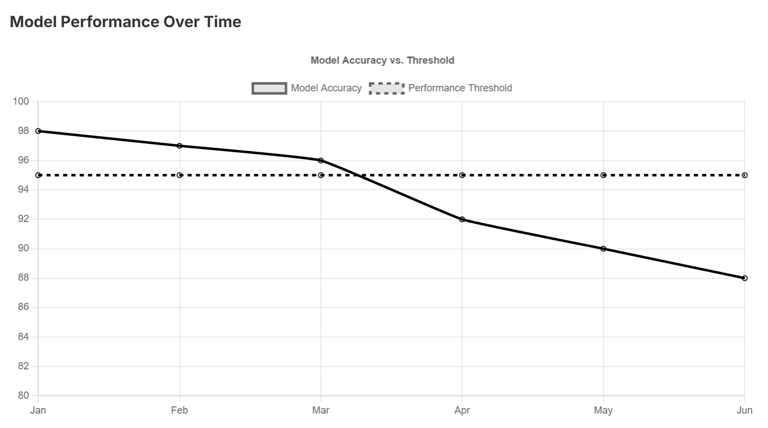
Simulation of Finantial Scenarios
Predict, Prevent, and Prioritize Risk
BY USE CASES
To anticipate how a portfolio, market segment, or financial strategy will behave under different conditions — such as interest rate hikes, inflation changes, or geopolitical events.
The Challenge:
Simulating financial scenarios is computationally intensive and often limited by traditional models that:
Depend on predefined rules and assumptions
Struggle with nonlinear dynamics or black swan events
Can’t efficiently explore the vast number of possible futures
This makes it hard for institutions to stress test portfolios, plan under uncertainty, or prepare for market shocks with precision.


Quantum-Inspired Solution: Smarter Simulations with HessQ
HessQ leverages Quantum-Inspired Optimization (QUBO) and probabilistic modeling to simulate and analyze thousands of potential market conditions simultaneously — without needing a quantum computer.
Scenario Encoding
Market variables (interest rates, volatility, inflation, asset correlations, etc.) are encoded into high-dimensional QUBO structures.
Inspired by quantum parallelism, HessQ explores numerous “what-if” situations at once, not sequentially.
It identifies potential risks, tipping points, and opportunities across simulated realities — even the ones traditional models often ignore.
Parallel Exploration
Outcome Mapping


The Result:
Outputs Delivered:
Dynamic stress-testing models
Forecasts under diverse scenarios (e.g., economic slowdown, currency shocks)
Early warning signals for systemic risk or performance drops
Visual heatmaps of best/worst-case projections
Thinks in possibilities: Explores a wider space of potential outcomes
Uncovers hidden risk: Detects fragile zones traditional models overlook
Optimizes forward planning: Supports scenario-based decision making
Adapts as markets evolve: Adjusts simulations with real-time data
Informs strategy under uncertainty: Essential for volatile or high-risk periods